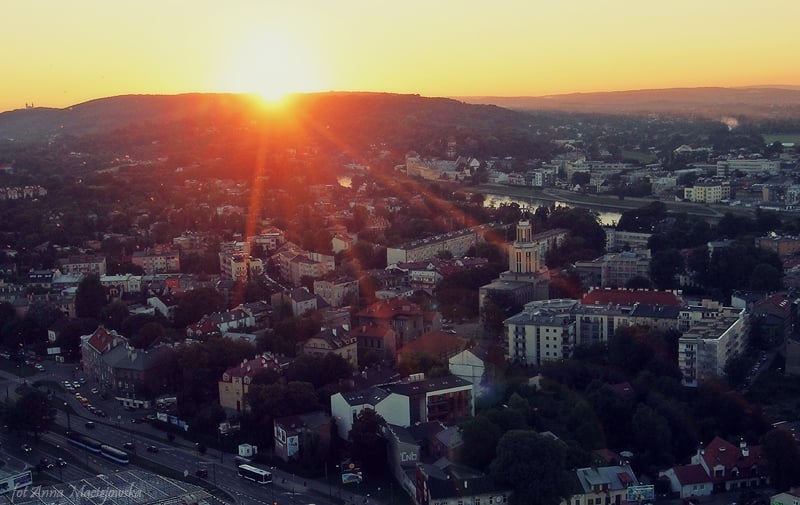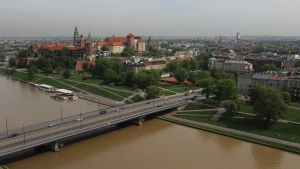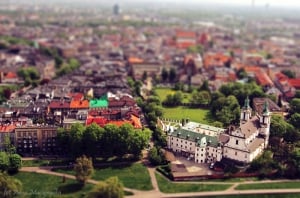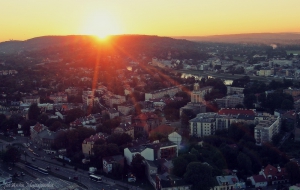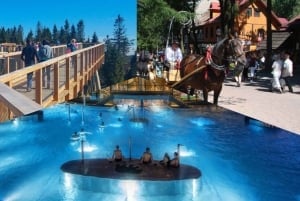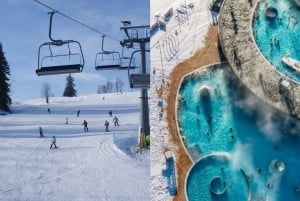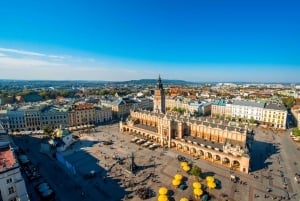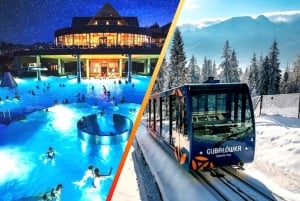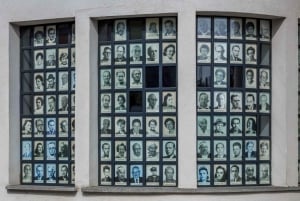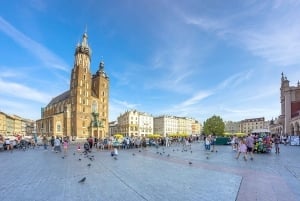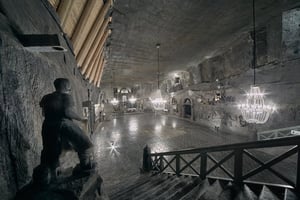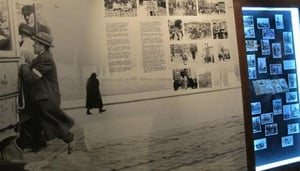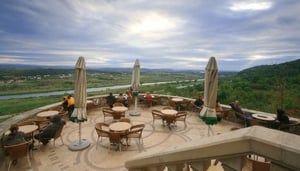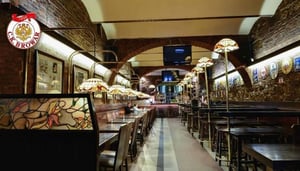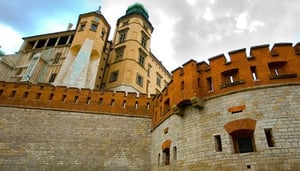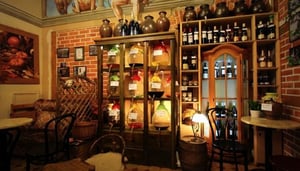Krakow General Information
Although Warsaw is Poland’s administrative capital (and its largest city). Krakow is considered Poland’s second city and pre-eminent in the fields of academia, arts and culture. Krakow survived the second world war largely unscathed, leaving its Old Town as a jewel of medieval architecture. Krakow is capital of the Malopolska, or Lesser Poland, region situated in the south of Poland.
With early settlements in the region dating back to prehistoric Stone Age times, Krakow is one of the oldest cities in Poland (although it was not to gain official city status until 1257) and for many years was Poland’s capital until replaced by Warsaw in 1596. Considered one of the great European cultural centres, Krakow’s Old Town was one of the first sites to be added to the UNESCO World Heritage List in 1978, and was European City of Culture in 2000.
Situated on the banks of the Vistula river, Krakow has a population of three quarters of a million and an area of 327 square kilometers. Home to several universities, including the world famous Jagiellonian University founded in 1364 and one of the oldest universities in Europe, Krakow has a considerable student population during the academic year including substantial numbers of overseas students. Krakow’s Main Market Square, or Rynek, is the largest medieval market square in Europe. Krakow is surrounded by several nature reserves or national parks that offer beautiful countryside within a few minutes’ travel of the city centre.
As the third biggest city in Poland after Warsaw and Lodz, Krakow has considerable economic importance for the country as a whole as well as the region. A number of multi-national corporations have offices there, and the giant steelworks in Nowa Huta, while producing a fraction of their former output, still remain one of the major employers. Krakow is also an important and growing centre for IT-based companies.
Another claim to fame for Krakow is its former archbishop, Karol Wojtyla, who went on to become the late Pope John Paul II, and who is widely credited as being one of the significant influences in bringing an end to communism. In a strongly catholic country, John Paul II is widely revered throughout Poland, and his successor, Benedict XVI, was quick to make Krakow one of his first destinations upon assuming the papacy.


